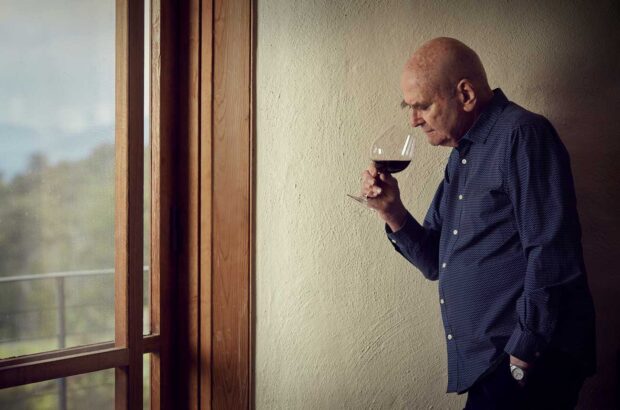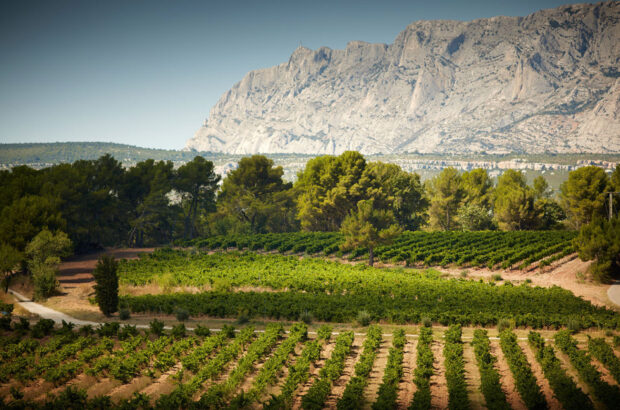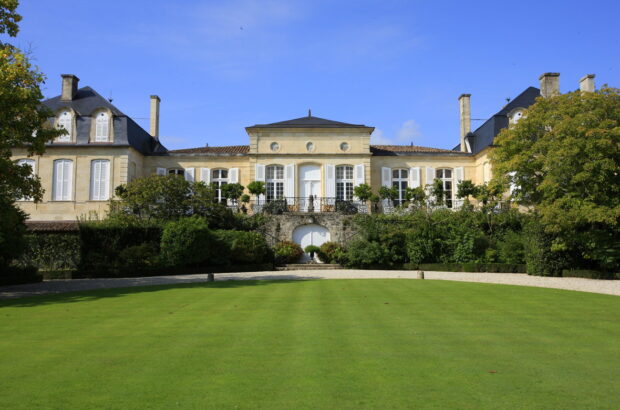drink now
A very good to excellent season for most red wine makers
Weather Conditions
A very good to excellent season for most Australian red wine makers. January and February were both dry months and most fruit was harvested in ideal conditions, well before the rains came in April. The exception to the rule was the Hunter Valley, which experienced one of its worst seasons of all time under a constant deluge.
Best Appellations
Rich, powerful reds were made in the Barossa Valley, Clare Valley, McLaren Vale and central Victoria, while Coonawarra had a fine season for Cabernet Sauvignon.
Best Producers
There’s no debate about the red wine of this vintage. Penfolds Grange Hermitage 1971 is the Grange of the 1970s and one of the best ever – a deep, dark and brooding wine of massive depth and power. Now suitably mature, its steeped in spicy chocolate and leathery complexity. This was a great vintage also for the other Penfolds reds, Bin 389 in particular. Henschke also made a particularly exotic and gamey Hill of Grace, while Saltrams Mamre Brook Cabernet Shiraz is a fine Barossa Valley red of considerable richness and longevity.







